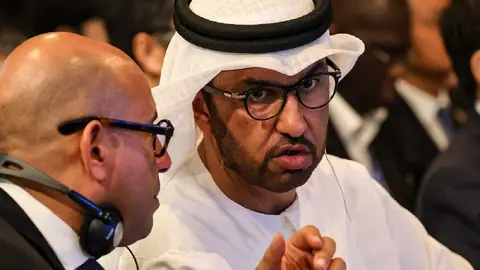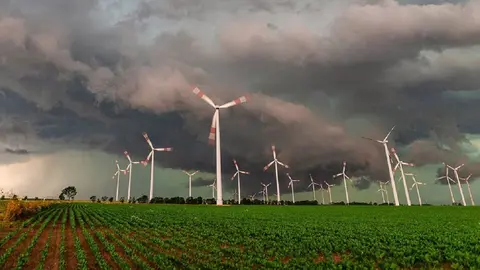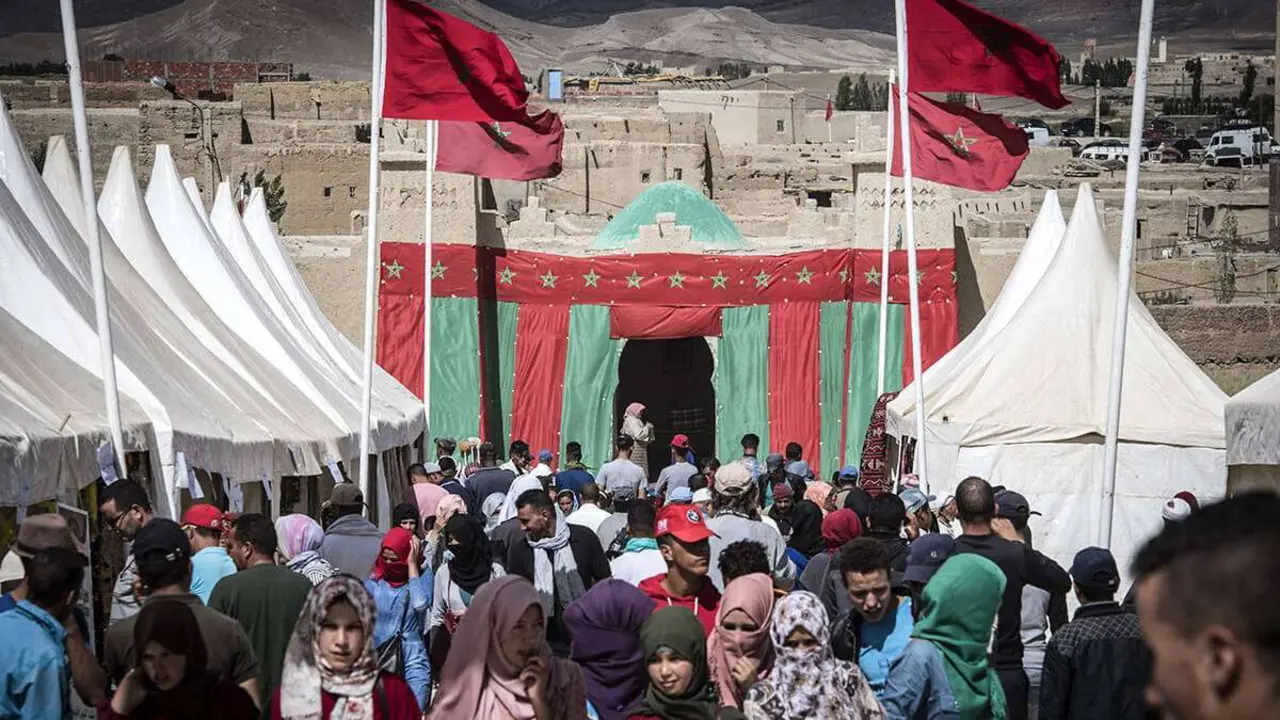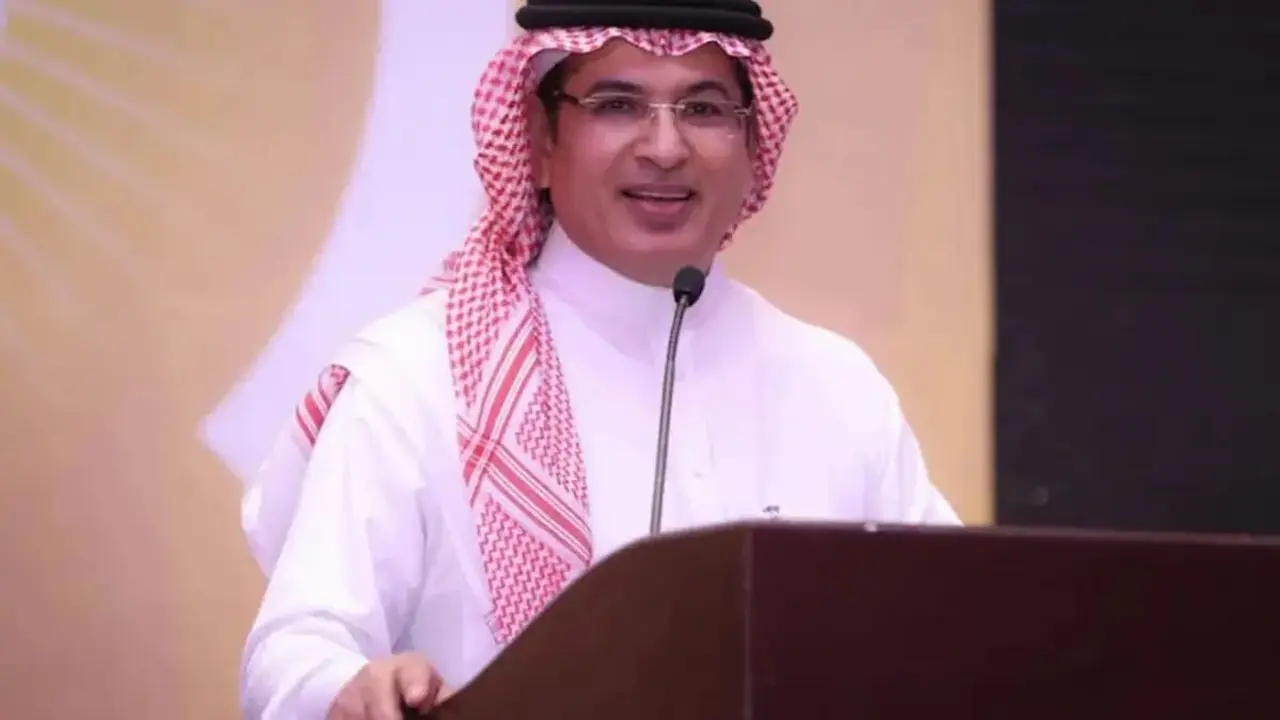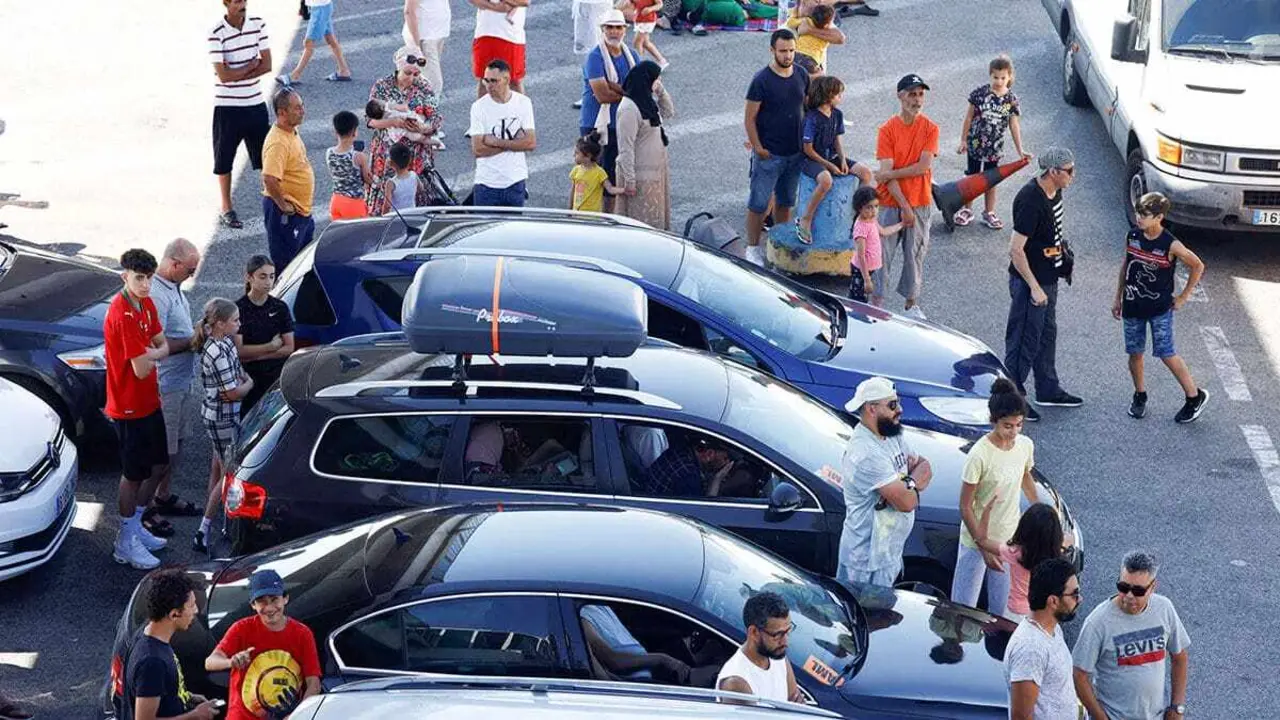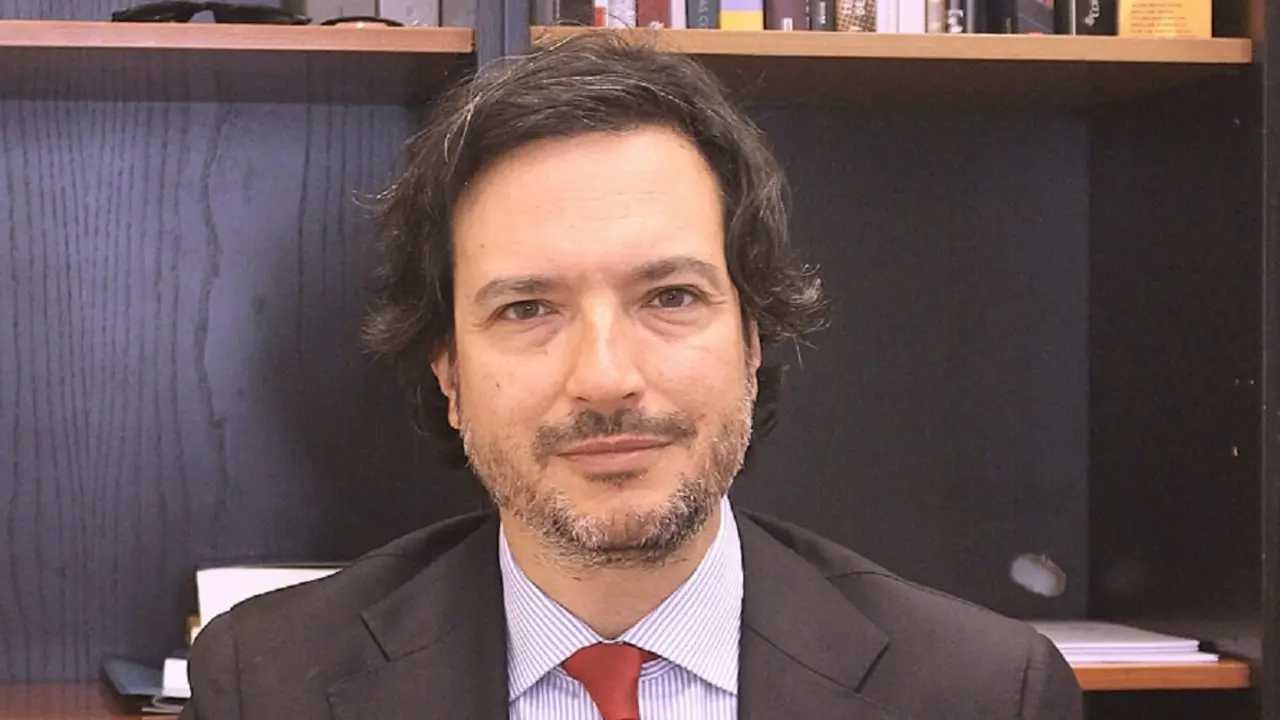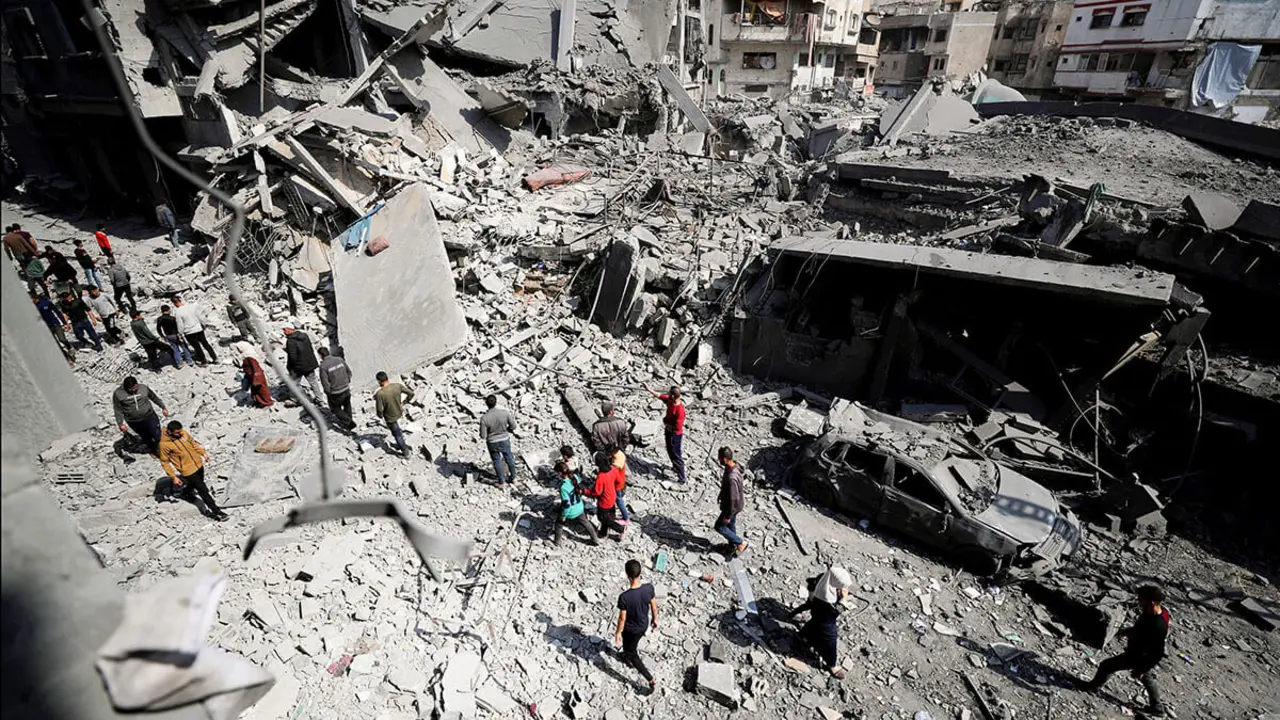COP28 bogged down on the future of fossil fuels
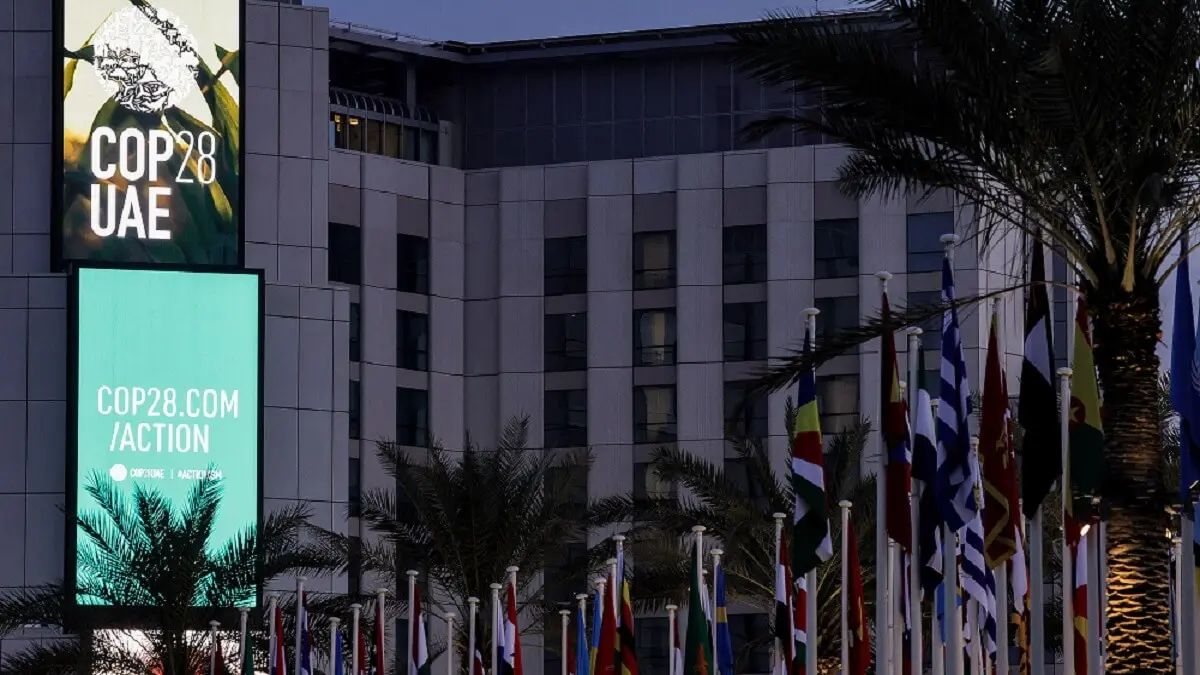
The UN climate conference (COP28) remained deadlocked on Tuesday over the future of fossil fuels, the major stumbling block preventing nearly 200 countries from reaching a final declaration.
Negotiations were continuing on a new draft after the official deadline for the Dubai meeting, the largest in history, expired.
The rejected draft proposes to "phase down" the use of oil, gas and coal by 2050, rather than "phase out" as a large majority of countries want.
A small bloc of nations, led by Saudi Arabia, the world's largest oil exporter, is opposed to this formula.
The text also proposes other measures, such as tripling the installation of renewable energy, or eliminating fossil fuel subsidies, but as a range of options that countries "could" implement as they wish.
"This is not a restaurant menu. We have to do all these things," Canadian Environment Minister Steven Guilbeault told AFP.
The negotiations are being led by Sultan al-Jaber, the chairman of the Emirati oil company.
"We would all like to finish on time, but we all want to get the most ambitious result possible. This is our only goal," Majid al-Suwaidi, the UN's number two, told reporters.
"All parties are working against the clock," said Cassie Flynn, global director for climate change at the UN Development Programme.
"It's the northern countries that are exploiting the oil in my country, and what are they giving us to give up (those energy sources)?" asked Congo's environment minister, Arlette Soudan-Nonault, to reporters.
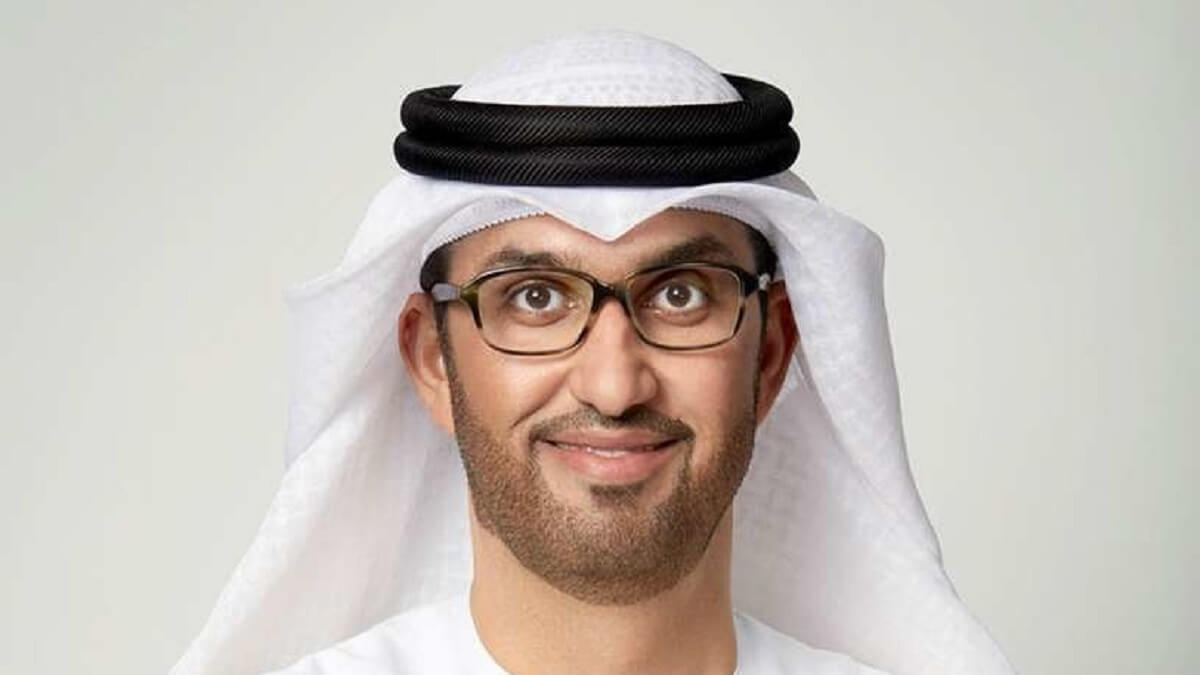
All by consensus
Climate conferences take their decisions by consensus.
Despite all the pledges, the world is steadily increasing its greenhouse gas emissions, and experts warn that by 2030, the reduction commitments proposed in Dubai will only represent a third of the necessary sacrifice.
The planet experienced its hottest year on record, say climatologists.
"This is the last COP where we will have a chance to be able to keep [the 1.5°C target] alive," US climate envoy John Kerry told ministers.
Participating in a farce
COP28 in Dubai was meant to be the big step forward, after the 2015 Paris Agreement to combat climate change took stock in September.
The main objective of the Paris Agreement is to keep global temperature rise to a maximum of +1.5°C, ideally by 2050.
"I think many of you are opposed to participating in a charade," Kerry warned his counterparts.
COP28 had started on a good note, with the adoption of a damage and loss fund for the countries most affected by climate change on 30 November.
"We started with very good news and we want to end this COP by giving the world what it needs," said Spain's Minister of Ecological Transition, Teresa Ribera, who chairs the European bloc, on Tuesday.
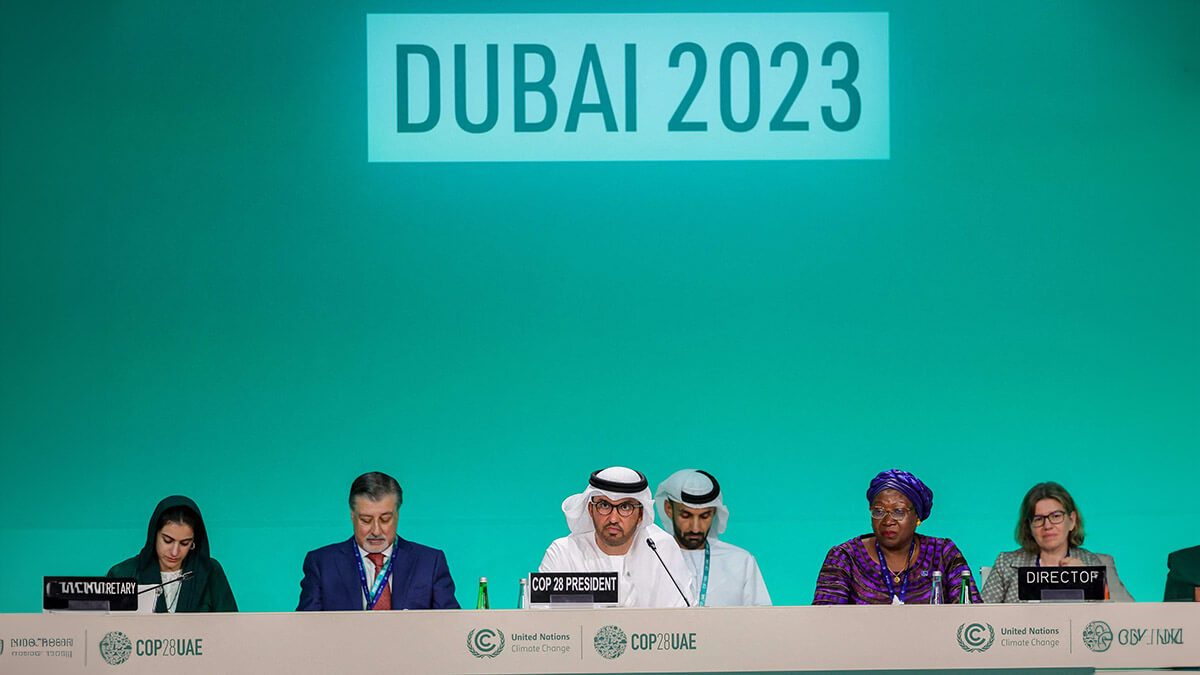
Ribera and the European Commissioner for Climate Action, Wopke Hoekstra, met with UN Secretary-General António Guterres, who arrived in Dubai to give the negotiations a boost.
"I personally am not committed to a single word, but I am quite heavy-handed and insist that the final formula, whatever it is, has to be extremely ambitious," Danish minister Dan Jorgensen, who was on the front line of the negotiations, told AFP.
The Monday-Tuesday night negotiating meeting was quite passionate, according to various sources present.
But Saudi Arabia, whose negotiator remained silent to the press, was firm in its position.
For these countries, the +1.5°C target can be met without completely abandoning the energy sources that have been the engine of global growth since the beginning of the 20th century.

